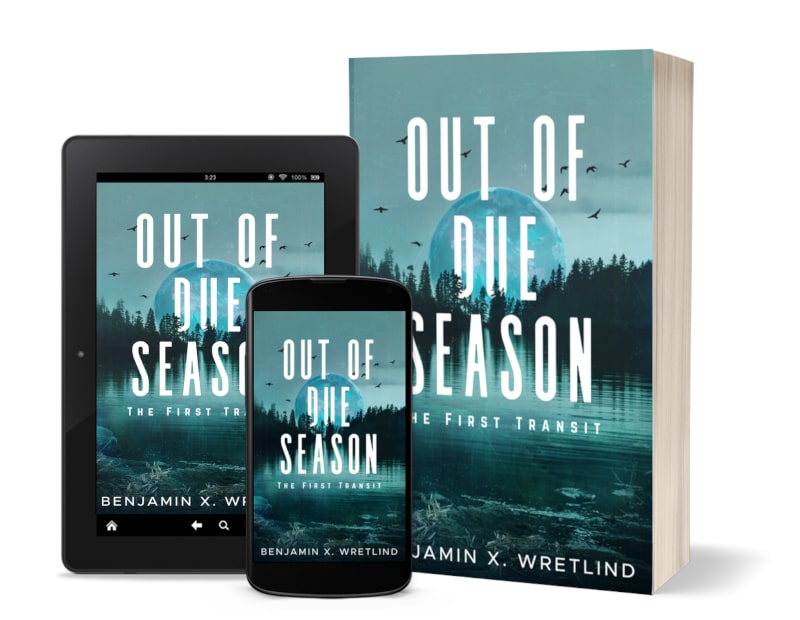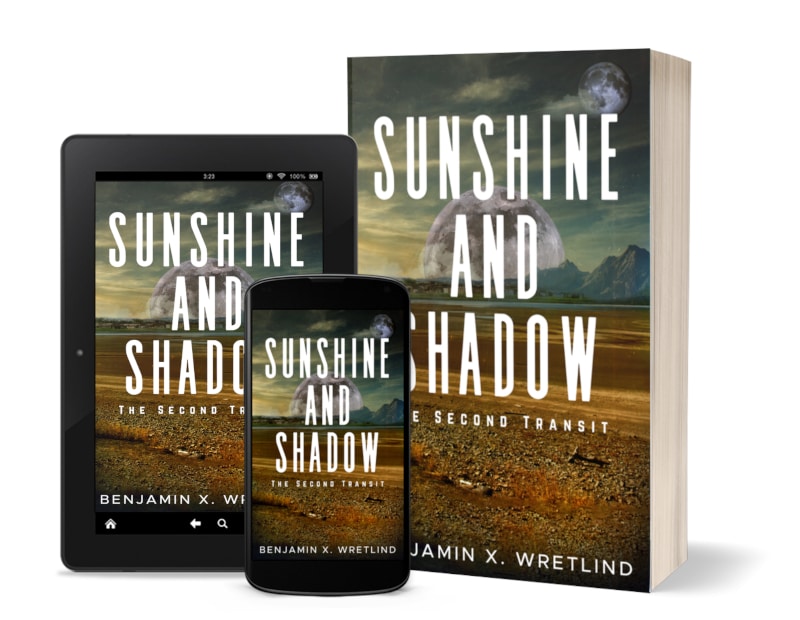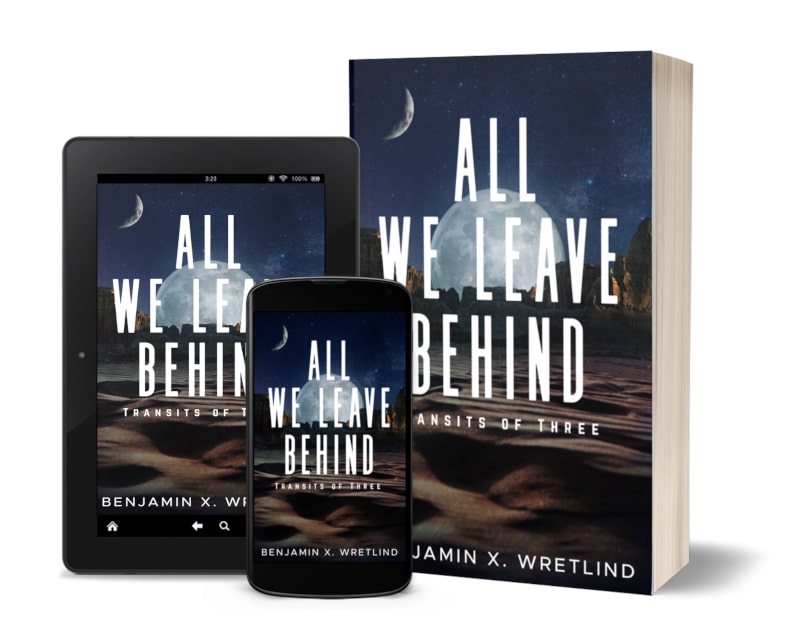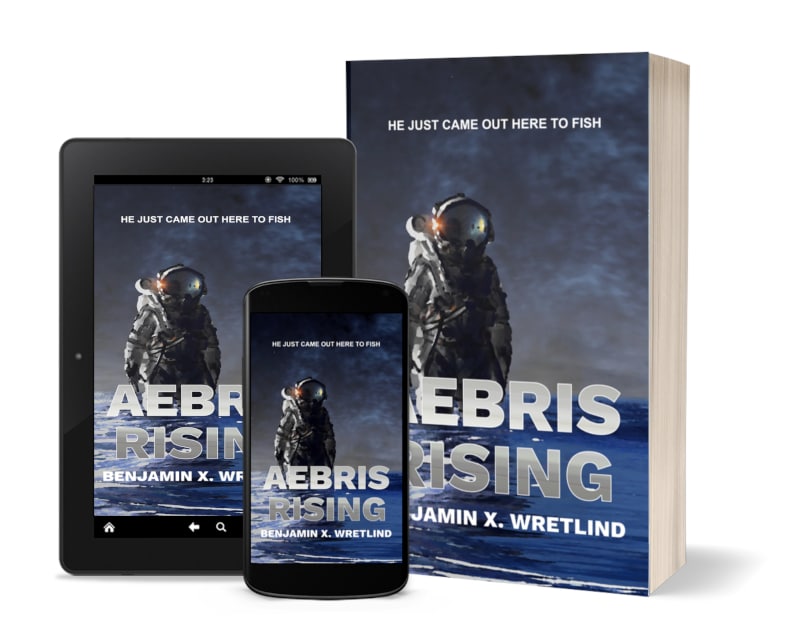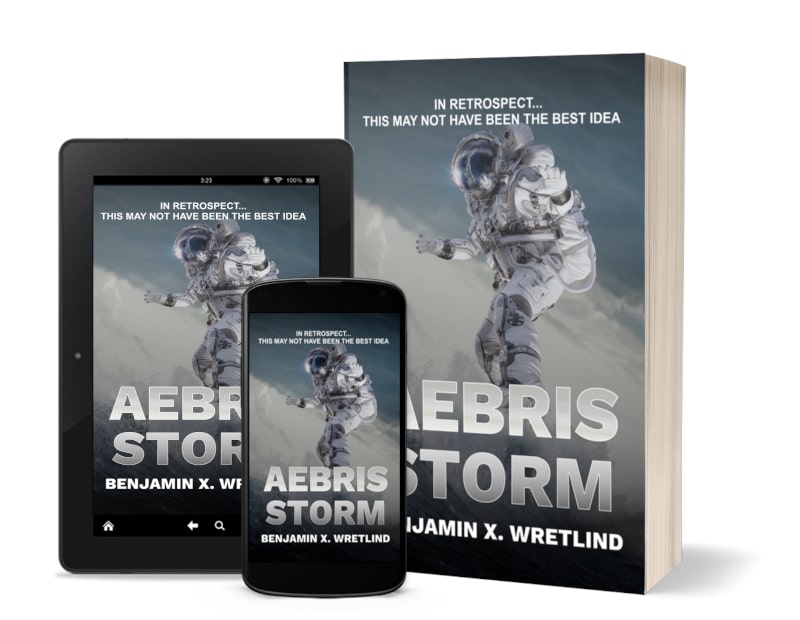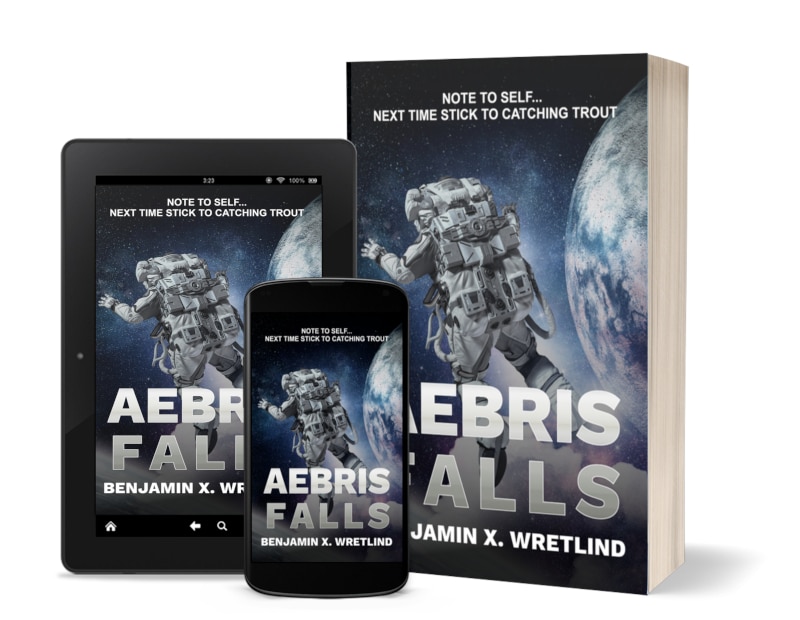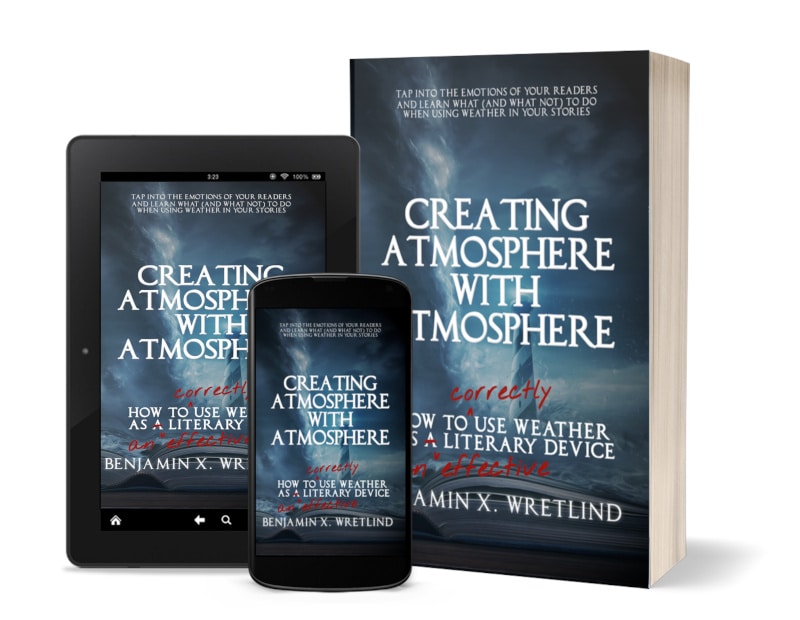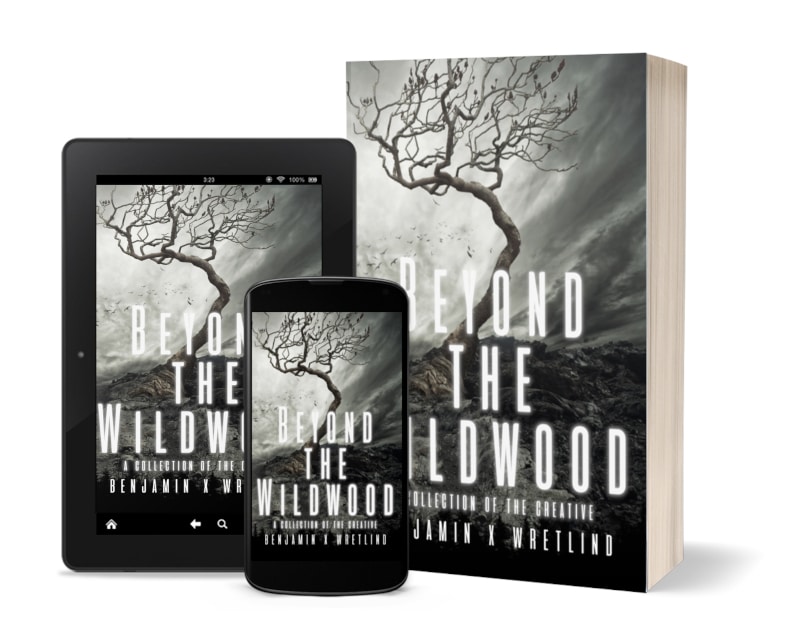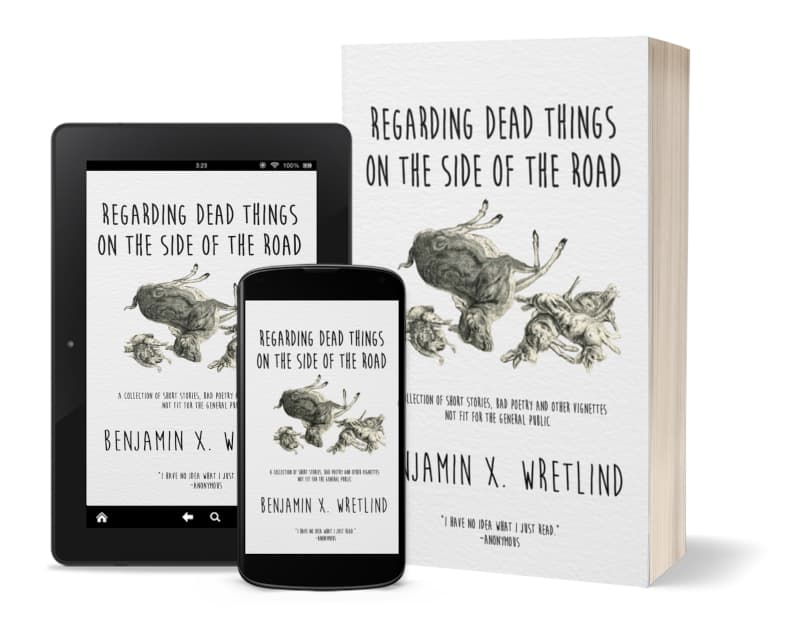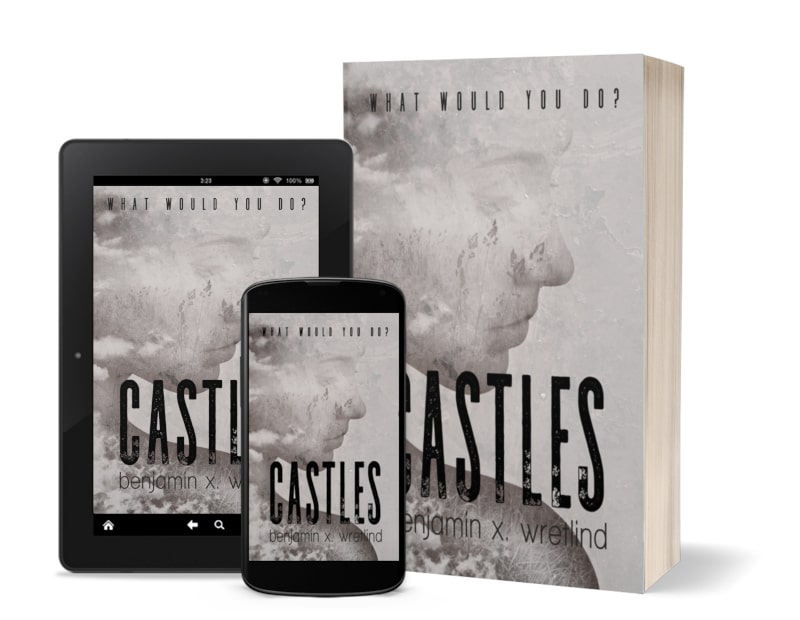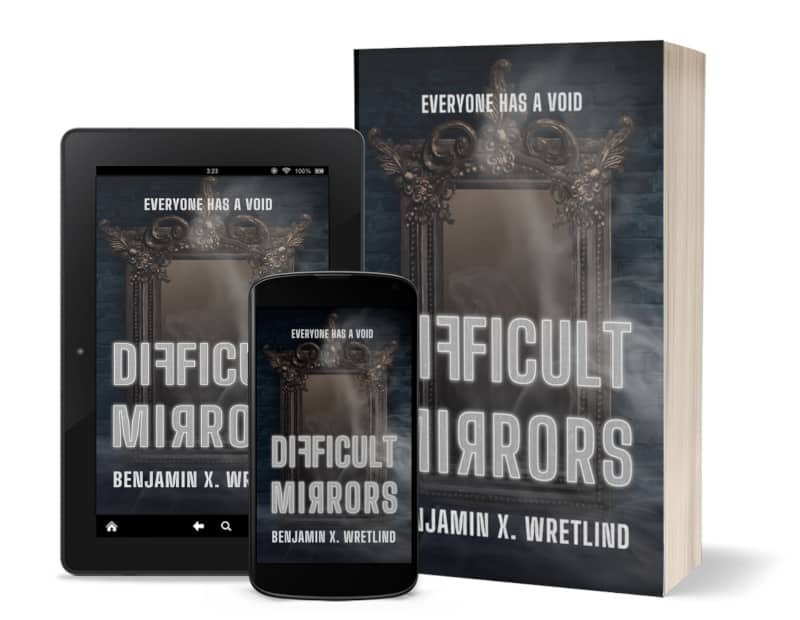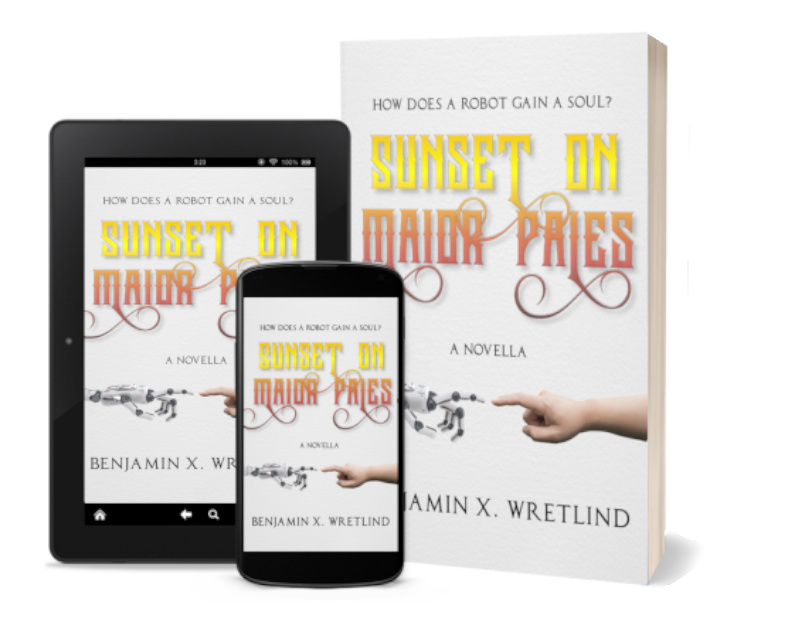Review: Songbird Ascension by Khira Allen – A 2022 Indie Author Review Selection
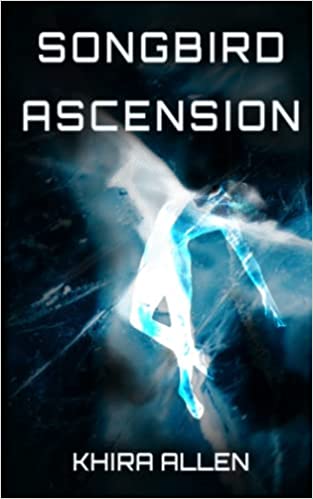
Description • The Review • Author Interview • More About the Author
Description (from Amazon.com)
A dying student. A visionary scientist. Civilization-crushing conflict.
Michael Carr stands at the edge of death. A bright young student, he is living out his final years on the quiet shores of Lake Superior, knowing that a genetic disorder will destroy his lungs. Even as Michael struggles to accept his fate, a new hope emerges: reports of breakthroughs in cybernetics, connecting humans with machines. Seeking a lifeline, Michael accepts a scholarship offer to study under the renowned and enigmatic Professor Arjun Khatri, who strives to expand the human mind through brain-computer interfaces, transcending the limitations of biology.
As their paths cross, Michael becomes instrumental in a critical breakthrough in Professor Khatri’s research, with consequences neither of them could have predicted. An unstoppable technological tsunami sweeps the world. Can Michael win the race against death? Will he bridge the cataclysmic chasm separating him from the loved ones he’s left behind?
The Review
Technology moves at an unbelievable pace, and if the last twenty years had been written into a novel forty years ago, someone would claim they couldn’t suspend their disbelief long enough to get through it. A book like Songbird Ascension by Khira Allen is not one of those types of books. Its near future is written in a such a way that I could easily see it come to pass, and for that, I am forever grateful to have had the opportunity to both read this novel and reflect on the themes presented.
The concept behind the novel is collective intelligence, something we’ve seen before. However, in the way Allen lays it out here, it is something that may indeed come to pass (if it hasn’t already). Michael Carr, a student who suffers from a terminal illness, gets involved in a human-machine interface research project. The more he merges with streams of data, the more addicted he becomes to the experience.
As a character, Mikey grows exponentially throughout the many times he is connected in ways that are both innovative and philosophical. The novel explores concepts of humanity, the philosophies of Nietzsche, and the possibilities of a not-so-unimaginable future. That future glimpse then merges with our present reality, improving life for some, de-evolving society for others.
Written from two points of view–Mikey through the first half and his mother in the second–the novel takes us along swiftly in a stream-of-consciousness sort of way. The quality of the writing was unexpected and made me feel as if I were inside the mind of the characters, not detached. In a way, Songbird Ascension was a demonstration of Mikey’s own experiences as he merges with the thoughts of others during his experience. We, too, merge with the characters, and if we allow ourselves to suspend that disbelief–an easy task given our present technological advancement and zest for neurological adaptation–we can feel what Mikey feels. We can also feel what Emma, his mother, feels as she experiences a life devoid of this consciousness.
I appreciated the writing, the philosophical tone, and the all-too-possible future weaved throughout the novel. It is at once a page-turner, an epic poem, a piece of art, and a warning infused with hope. This is one of those novels that doesn’t imagine a future that’s removed from reality, rather one that takes our present and with just the right touch shows us the future that may indeed come to pass. But don’t just read Songbird Ascension. Reflect on it and what it means to be human.
Available at Amazon: https://www.amazon.com/Songbird-Ascension-Khira-Allen/dp/B099TQL2GM/
Author Interview
Songbird Ascension is written from two points of view. Was this always the intention or did it naturally occur to you as you were writing?
The original structure of the novel was intended as a chain of e-mail correspondence between the two main characters. However, that would have imposed constraints in terms of exploring the characters’ thoughts and perceptions of the world. I restructured the novel in the format of diary entries, which allowed me to delve into the characters’ minds, almost to the point of employing a stream of consciousness. It also allowed me to explore the transformative changes wrought upon the world from two opposite, yet closely connected perspectives.
There have been quite a few articles recently about computer-human interfaces with some larger companies attempting some of what you described in the novel. What gave you the original idea behind the technology in the book?
The technology described in the book builds upon the recent developments in artificial intelligence, neural interfaces and robotics. Cybernetics provides the conceptual shell in using these technologies as a bridge between biological organisms and synthetic constructs. The narrative also presents a new twist on the classic themes in cyberpunk narratives such as The Matrix. However, the core idea of the novel is not about the technology but about a step-change in human evolution. In this, technology serves as a mechanism to extend human progress in a way that mirrors the progression from single cellular organisms to complex multicellular structures with entirely new capabilities and with emergence of a new form of consciousness.
What authors of the past have been major influences, either leading up to writing this novel or in your writing in general? Do you have a favorite?
I have been an avid sci-fi reader my whole life. From early explorations with Jules Verne, John Wyndham and Ray Bradbury (still a favourite today) to the socially-significant writing of Ursula K. Le Guin, Octavia Butler and Nicola Griffith, science fiction has always been part of my thinking landscape and part of the way I reflect on the world around me. My favourite type of science fiction is also the type that I write – speculative fiction that asks the question, What if?
What kind of research did you do for the novel?
In order to construct a credible progression in technology, I researched both the component technologies (artificial intelligence, neural interfaces) and the overarching concepts in fields such as cybernetics, which go back many decades and which are becoming relevant anew today. I also researched the locations featured in the novel, particularly from the perspectives of people who live there.
Do you have a writing routine?
I am an early riser and often wake up around 5am. I like to get up and (very quietly) make a cup of tea while everyone else is asleep. Then I sit down with my laptop and write until breakfast. This separates my writing from the rest of the day and from the drag of daily chores.
I’m a fan of easter eggs in movies and novels. Did you have any in this one?
Not really easter eggs, but I like to have consistent threads and themes in narratives. One of the themes in this novel is the relationship between the biological world and the synthetic constructs. Robotic dragonflies is the thread that carries this theme through the novel.
Did you edit out anything you wish you would have kept in?
Like many authors, I sometimes get carried away writing passages that seem very effective and beautiful at the time but which don’t fit within the overall structure of the novel or are inconsistent with the way the characters would actually behave. Deleting these passages can be heart-breaking, but necessary.
How has this writing journey been for you?
I often start writing with a general idea in mind and perhaps some thoughts about how the novel would end. But in truth, the story tends to twist and turn in my hands like a kite in the wind. One of the most rewarding parts of the writing process is finding out the true themes and the real reasons for putting words on paper. It is a process of self-discovery as much as it is a way of sharing one’s thoughts with others.
What other projects do you have planned or are presently working on?
I am close to finishing my next novel, which blends science fiction and murder mystery genres. This is a sneak preview:
Remember who you are. Find the murderer …
Adam grew up in an orphanage together with his twin brother, Luka. Adam has memories of playing with Luka, of stealing food to give to stray cats, and of receiving mind-enhancing treatments. But at the age of eleven, something happened to Luka, and Adam cannot recall what it was.
Now Adam finds himself in a different reality. He is in the middle of a murder mystery game, aboard an old steam train. A beautiful train carriage with old-fashioned furnishings, lit by the soft flow of gas lanterns, is carrying a handful of passengers into the night. All passengers on the train play roles in the murder mystery, but only one person knows the true reality and the connection of the game to a real crime – Luka’s death. The eccentric and charismatic Dr Ezra Scholz offers to guide Adam in untangling the memories surrounding his brother’s fate. For the killer, however, absolution lies in forgetting the past.
More About the Author
Khira Allen writes hard science fiction that explores the transformative expanse of technology. In her novels, Khira delves into the human side of technological change. Khira Allen’s novel ‘Songbird Ascension’ traces the life-changing potential of human-machine connection, leading to the emergence of a post-human civilization.
Khira is an early riser who creates her best work while the rest of the household is still asleep. She enjoys travelling, reading and working in her garden. When in a whimsical mood, Khira pens short stories that explore our relationship with technology, sketch visions of the future and give a science fiction twist to traditional fairy tales.



